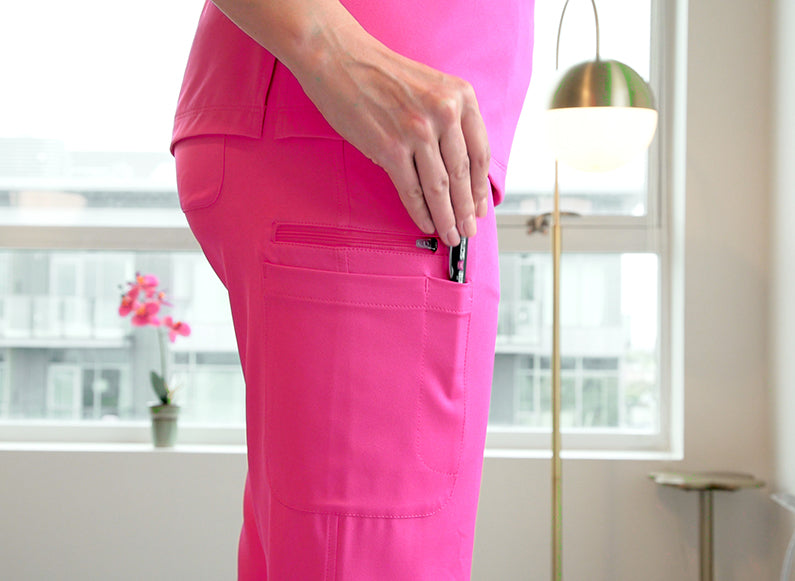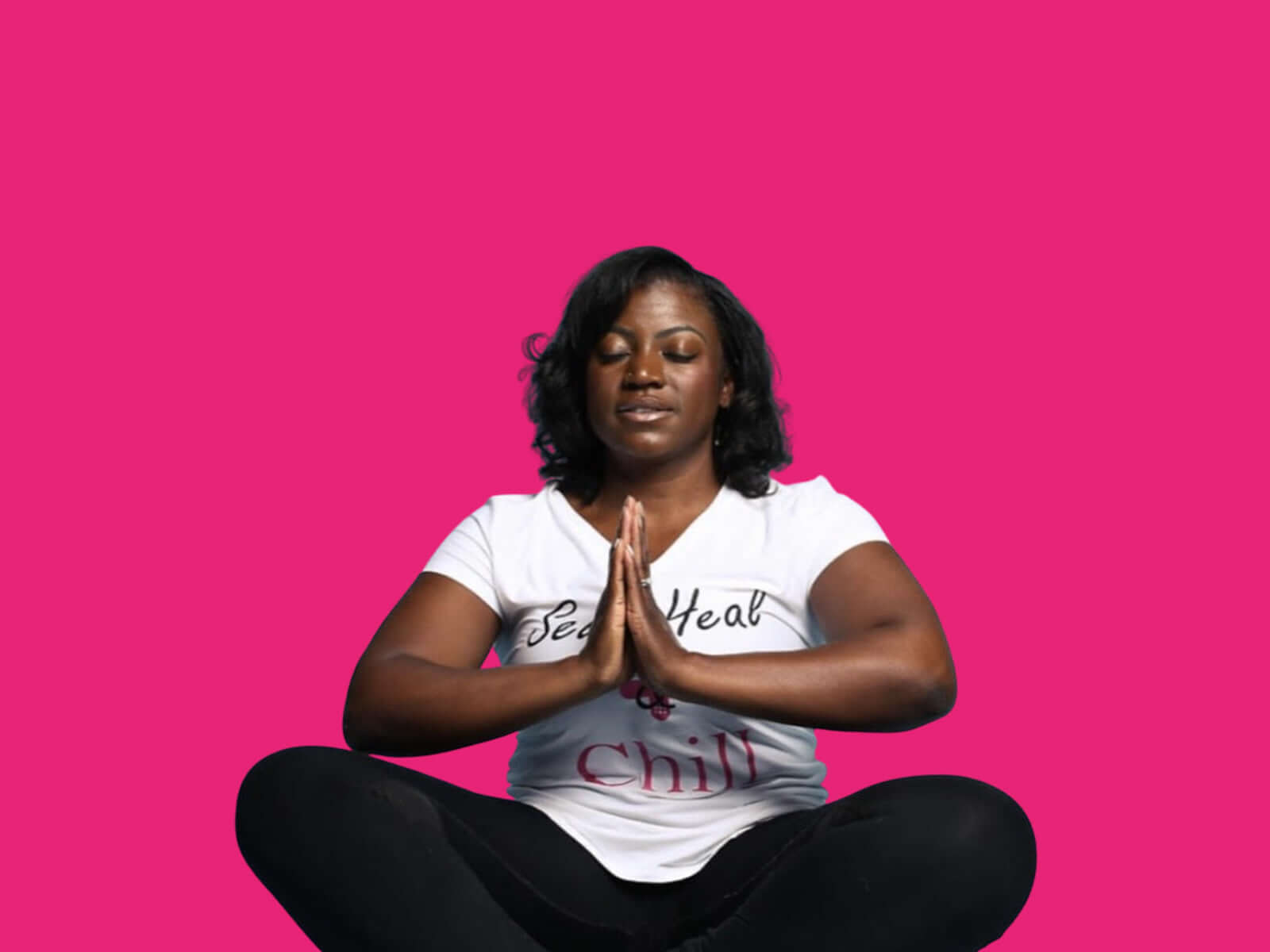by Christal Parker, MSN, FNP-BC
Christal Parker, MSN, FNP-BC was an ER Nurse for 10 years and most recently became a board-certified NP. She shares with us the importance of practicing self-care as a nurse. As an entrepreneur of online self-care products and a beauty and wellness consultant, she knows firsthand how burnout will take its toll on nurses.
What is burnout?
When one becomes exhausted by making excessive demands on energy, strength, or resources in the workplace. Burnout is characterized by physical symptoms such as exhaustion, fatigue, frequent headaches and gastrointestinal disorders, sleeplessness, and shortness of breath. Behavioral signs include frustration, anger, a suspicious attitude, excessive use of tranquilizers and barbiturates, cynicism, and signs of depression.
Why should nurses use the Maslach Burnout Inventory and what are a few of the questions our nurses should be asking themselves?
The Maslach Burnout Inventory was created by Christina Maslach as a standard tool for research to study burnout. If you can answer yes to any of the statements below you could be suffering from burnout. Below represents just a few of the 20 core questions.
- I feel emotionally drained from work
- I feel used up at the end of the day
- I feel that my job is hardening me emotionally
- I feel like I’m at the end of my rope
- I’ve become more callous towards people since I took this job
- I really don’t care what happened to some patients
Why are nurses at a higher risk for burnout and what are some of the triggers to look for?
Nurses are always taking care of others at the expense of not taking care of themselves. They are the first to provide a patient with care instructions upon leaving the hospital but fail to heed their own advice. Nurses need to practice what they preach. If you can acknowledge any of the points below you are on the burnout path.
- Understaffed and overworked
- Overtime and the addiction to it
- Skipping breaks
- Compassion fatigue
- Lack of self-care
- Lack of job control
- Work -Life imbalance
Why should burnout be addressed?
- 30-50% of new nurses reported wanting to leave the department or nursing all together
- Nurses have higher rates of mental health problems and substance abuse
- Suicide in nurses for both males and female is significantly higher than the suicide rate in the general male and female population
- PTSD
- Burnout leads to compassion fatigue
Can you describe what happens when a nurse is suffering from compassion fatigue?
The expectation that we can be immersed in suffering and loss daily and not be touched by it is as unrealistic as walking in the rain and thinking you won’t get wet. When nurses are suffering with compassion fatigue we see medication errors, we become unsympathetic towards our patients, neglect and abuse is found, a decrease in productivity and we start to see increased turnover. We may miss important signs that a patient may be declining.
This needs to be addressed as nurses are the largest and most trusted profession in healthcare. The pandemic has shown us that nurses are the most critical necessity in healthcare yet we are overworked, overweight, tired, depressed and often feel under appreciated. We cannot continue to run on empty.
What are some tools that can help prevent burnout?
Seek help through therapy. Some organizations offer these services as job perks. If you don’t have time to go grocery shopping, use online shopping services or, better yet, meal prep kits that are delivered. Find your passion or outlet, there has to be something outside of work that puts you in a different mindset. You may have to consider changing jobs or look for other opportunities outside of your unit. Schedule time for yourself, a walk each day even if it is only for 15 mins can recharge your internal battery.
What are the 6 domains of self-care?
- Physical-Nutrition, exercise, lifestyle, health Scheduling Doctors Appointments, proper sleep
- Mental -Mindfulness practices, meditation and therapy, having fun, affirmations, alone time
- Emotional – Getting rid of unhealthy relationships, journaling , stress management, self reflection, learn to say NO
- Spiritual - Aware of spirituality needs, beliefs and values aligned
- Money - Budgeting, avoid overspending, make a retirement plan, savings account
- Work – Taking breaks, feeling appreciated for the work you do. Look for opportunities to advance, Respected and supported by peers and management
Why is self-care a necessity?
When we put self-care on the back burner it can lead to stress, depression, and death. We can’t pour from an empty cup. If we fill ourselves up with care and love, we will be better people to love and care for our patients, family, and friends. Nurses deserve to be happy and live happy lives.
What are some examples that can guide us in self-care practices?
- Take 15 minutes of time in your morning to reflect on your upcoming day
- Start a gratitude journal and dig deep to come up with 5 things each day that you are grateful for
- Take a morning walk
- Learn to say NO without having to explain
- Affirmations – remind yourself of your worth
- Meditation/deep breathing exercises
- Start a budget to help get you to your saving goals, retirement goals, even your vacation goals
- Start an exercise routine, bring a friend – having to be accountable will keep you on the right path.
Remember that you deserve self-care and that it is not selfish to embrace it. You owe it to yourself, your patients, friends, and family to be the best that you can be. This can only be achieved by self-care and self-love.
Resources
Suicide Prevention Hotline – 800 273-8255
Connect with Christal





